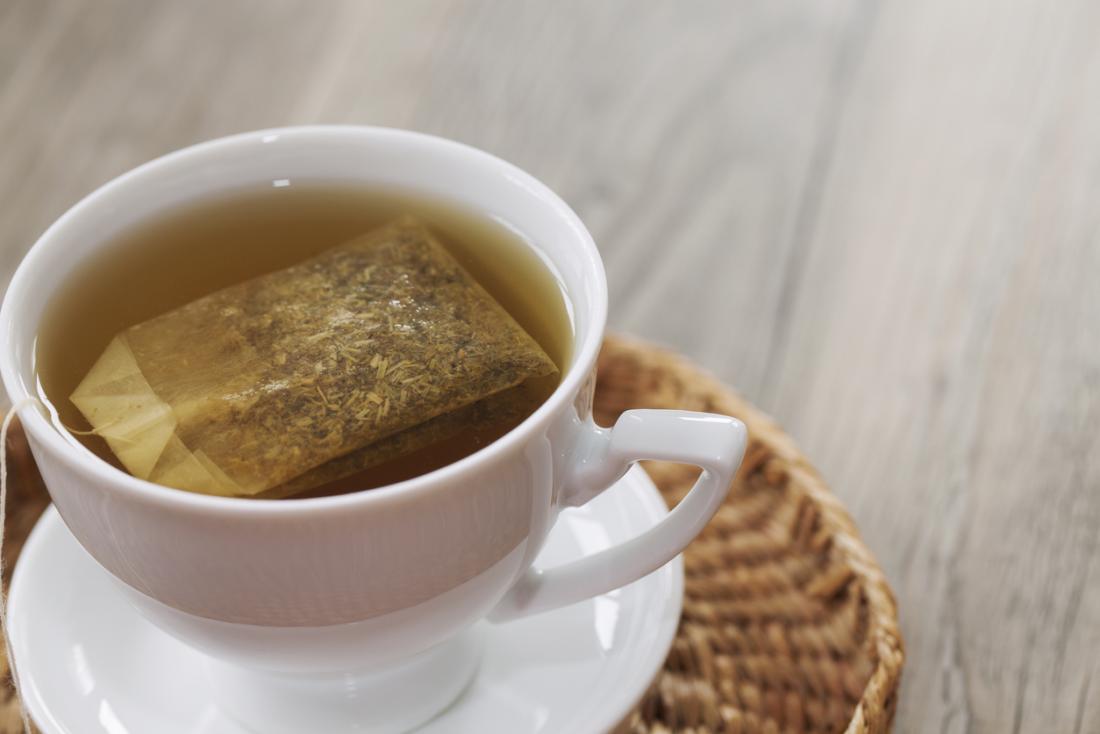Wisdom teeth are the last teeth to break through the gums. They grow at the very back of a person’s mouth. There are normally four wisdom teeth in total, with one in each of the furthest corners of the top and bottom gums.
This article looks at home remedies and medical treatments to relieve the pain caused by wisdom teeth.
What causes wisdom teeth pain?

Wisdom teeth usually emerge after all the adult teeth. They may emerge at an awkward angle, or there may not be enough room for them.
Wisdom teeth normally push their way through the gums when a person is between the ages of 17 and 21. The sensation of a tooth pushing through the gums can be painful.
In addition, there is often no room for the wisdom teeth in a person’s mouth, as the adult teeth have already developed. This lack of space may cause wisdom teeth to come through at an angle, or getting stuck and not come through fully.
When this happens, the wisdom teeth are impacted. Having impacted wisdom teeth leaves the gums vulnerable, as the surface breaks and the teeth are not fully through. Food and bacteria can get trapped in the gums and lead to several issues, including:
Treating wisdom teeth pain at home
Impacted wisdom teeth may cause pain, aches, and tenderness. Ultimately, removing the wisdom teeth can help resolve these problems.
In the meantime, there are several over-the-counter medical treatments and natural home remedies available.
1. Numbing gel
A numbing dental gel may help reduce feeling in the gums and dull the pain. These gels are available over the counter and contain the active ingredient benzocaine.
Most dental gels can be applied directly to the affected gums throughout the day. However, it is important for a person to follow the instructions included in the product. Also, it is possible to be allergic to benzocaine.
2. Ibuprofen
Ibuprofen is an over-the-counter pain relief medication that helps reduce inflammation.
Taking the recommended dose on the packet may help relieve discomfort. It can also reduce inflammation of the gums associated with wisdom teeth development.
Ibuprofen or other NSAIDs (nonsteroidal anti-inflammatory drugs) may be effective pain management until a person can see a dentist for treatment.
3. Ice pack
Applying an ice pack to the jaw can help reduce inflammation, which in turn may relieve pain. Using ice can also have a numbing effect.
A person can try holding an ice pack with a tea towel around it against their jaw for up to 15 minutes.
The ice pack can be applied off and on with 15 minute breaks until the pain has subsided.
4. Salt water rinse

Rinsing the mouth with salt water several times a day may help to reduce symptoms such as pain.
Salt water has natural disinfectant properties. A 2010 study showed that rinsing the mouth with salt water can help reduce bacteria.
Sometimes, a build-up of bacteria in the broken gums around wisdom teeth can be the cause of pain. As such, rinsing with salt water may help treat the infection and reduce the discomfort.
To make the salt water rinse, a person can dissolve a few tablespoons of salt into a glass of freshly boiled water. When the water has cooled slightly, it can be swirled around the mouth for several minutes, then spat out.
A person may want to rinse their mouth with salt water two or three times a day, or until the pain starts to reduce.
5. Cloves
Research into the effectiveness of cloves to relieve wisdom tooth pain is positive. A 2006 study showed that there is promise for cloves as a topical pain reliever due to their numbing effect.
To try this home remedy, a person can use a whole clove or clove oil. If using a whole clove they should:
- place the clove over the wisdom tooth that is causing pain
- hold it in place by closing their jaw, but without chewing
- leave it there until the pain reduces and then spit it out
To try this remedy using clove oil, a person can:
- put a few drops of clove oil on a ball of cotton wool
- put the cotton wool on the wisdom tooth that is causing pain
- hold the cotton wool in place until the pain reduces and then remove it
6. Onion
A 2007 study found that onions have anti-inflammatory and antimicrobial properties. These advantages of onions mean they can help reduce swelling and fight bacterial infections.
To use onions as a home remedy, a person should:
- cut off a piece of onion
- chew the onion on the side of the mouth that has the pain
- keep chewing for a few minutes until pain reduces and then spit out the onion
This process allows the juice from the onion to go into the gum so that it can reduce inflammation and bacteria.
7. Tea bags

Tea bags should only be placed in the mouth when completely cooled.
A 2016 study found that tannins contained in tea bags have antibacterial and anti-inflammatory properties. This means tea bags may help reduce swelling and fight bacterial infections.
To use tea bags as a home remedy, a person should make a cup of tea and put the cup in the fridge with the tea bag left in it. Once the tea is cold, the tea bag can be taken out and placed inside the mouth where the pain is located.
How to avoid wisdom teeth pain
When a person’s wisdom teeth are coming through, there are practical things they can do to make it less likely that their gums become infected. These actions include:
- Practicing good oral hygiene: Brushing teeth twice a day, flossing, and using mouthwash can help reduce the bacteria in the mouth that cause infections.
- Drinking plenty of water: This helps to flush food and bacteria away from the teeth and gums.
- Avoid sugary foods: Sweet foods can get stuck inside the broken gums, encouraging bacteria to grow.
Outlook
While the remedies in this article have been proven to reduce pain caused by wisdom teeth, they are only short-term solutions.
When wisdom teeth become impacted, a dentist will normally advise that they be removed to provide long-term relief.
Let’s block ads! (Why?)





